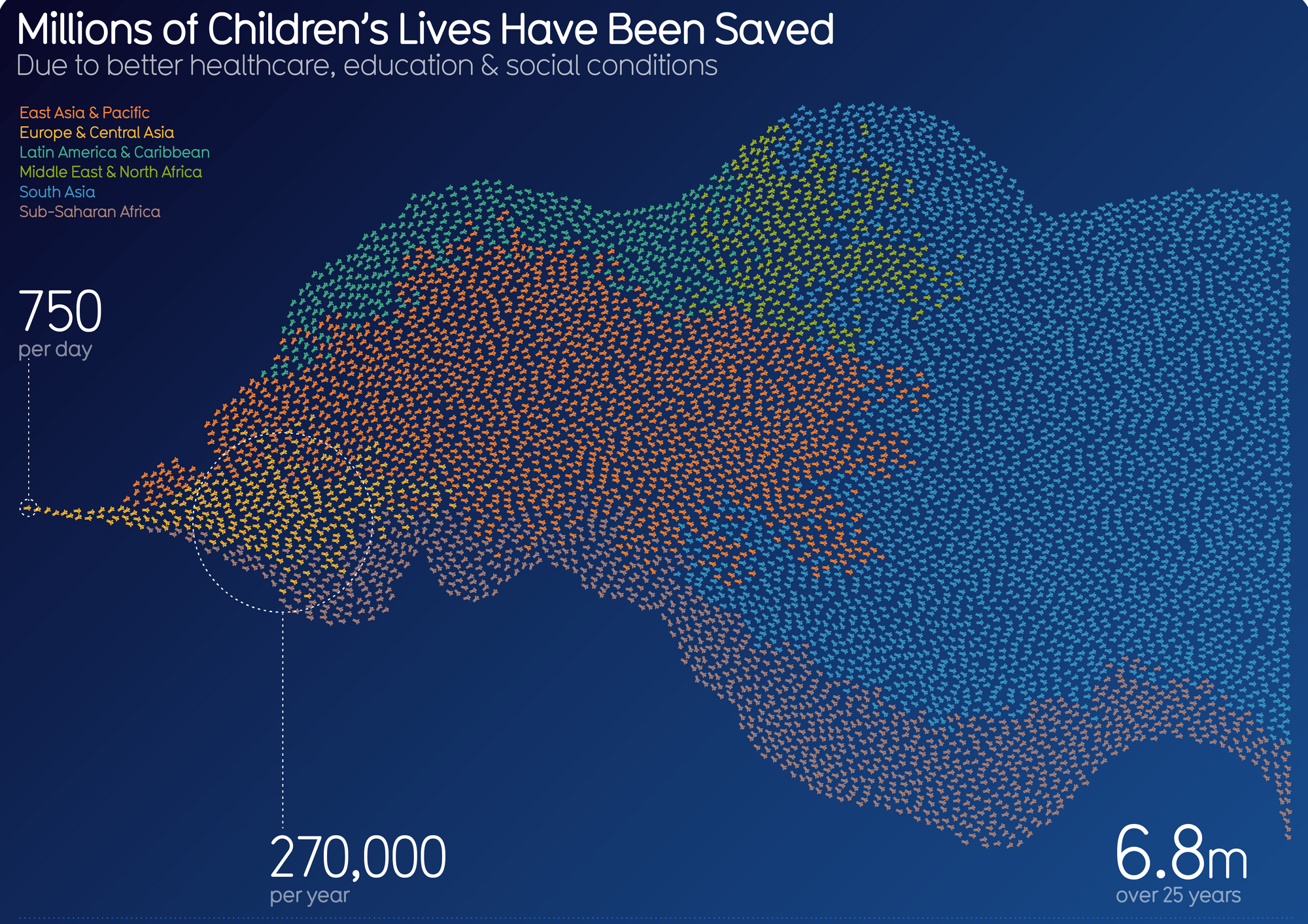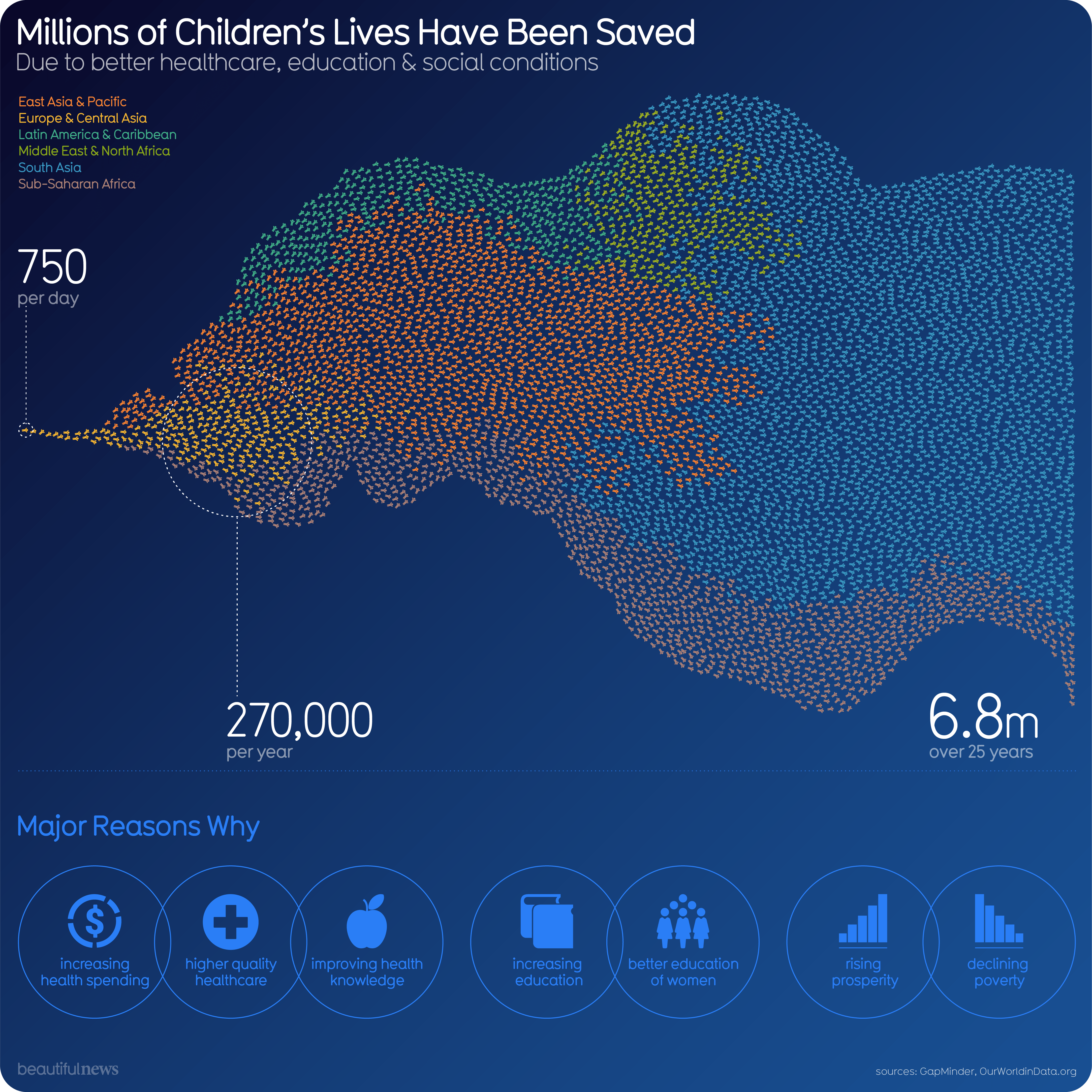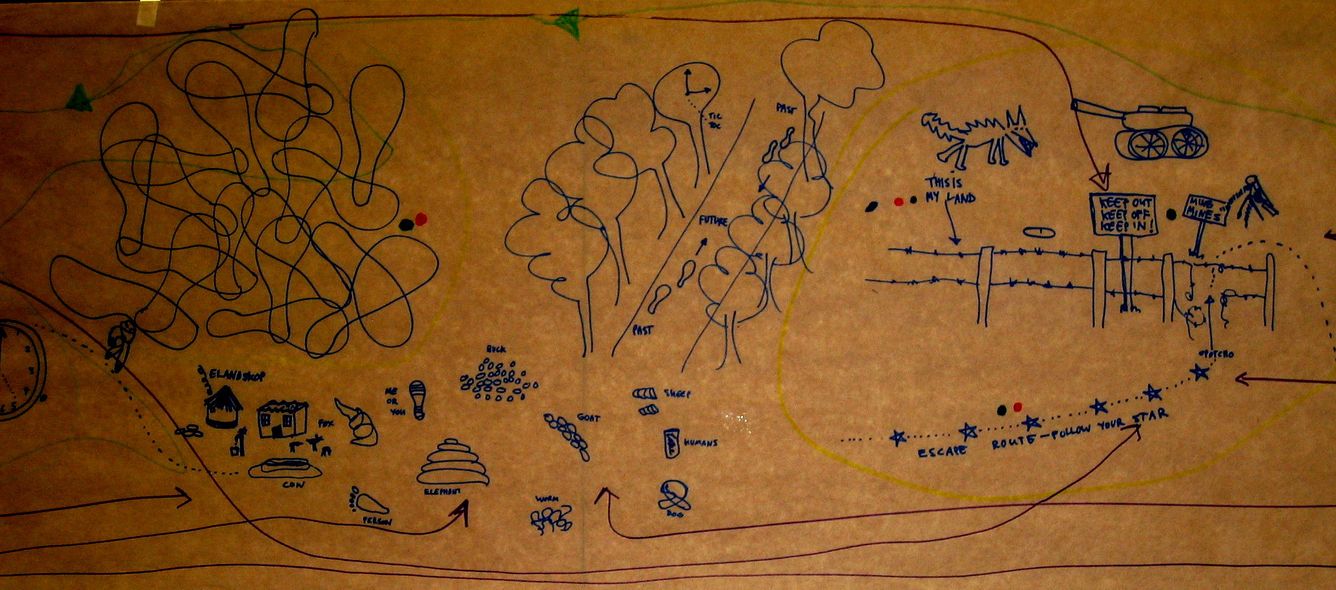
Hallucinations, Reality and How We Learn
"You could say that we’re all hallucinating all the time and when we agree on our hallucinations, that’s what we call reality." - Anil Seth
Many of my conversations these days swirl around themes of learning and not knowing, discomfort and ease, resignation and gratitude. This pandemic spring comes with a jumble of contradictions, along with unexpected opportunities for discovery and growth.
I’ve been thinking about how we develop our individual world views - and how these views can change as a result of both external events and internal decisions.
This week’s Sticky List starts with neuroscientist Anil Seth discussing the nature of perception and reality in a fantastic animated video.
Fixed vs. Growth: The Two Basic Mindsets That Shape Our Lives
Maria Popova writes about psychologist Carol Dweck, whose work on “fixed” and “growth” mindsets, “is rooted in rigorous research on how the mind — especially the developing mind — works, identifying not only the core drivers of those mindsets but also how they can be reprogrammed.”
"One of the most basic beliefs we carry about ourselves, Dweck found in her research, has to do with how we view and inhabit what we consider to be our personality.
"A 'fixed mindset' assumes that our character, intelligence, and creative ability are static givens which we can’t change in any meaningful way, and success is the affirmation of that inherent intelligence, an assessment of how those givens measure up against an equally fixed standard; striving for success and avoiding failure at all costs become a way of maintaining the sense of being smart or skilled.
"A 'growth mindset,' on the other hand, thrives on challenge and sees failure not as evidence of unintelligence but as a heartening springboard for growth and for stretching our existing abilities. Out of these two mindsets, which we manifest from a very early age, springs a great deal of our behavior, our relationship with success and failure in both professional and personal contexts, and ultimately our capacity for happiness."

Pain Plus Reflection Equals Progress
Our most painful moments are also our most important.
Shane Parrish writes, "Our images of learning are filled with positive thoughts about how we learn from others. We read memoirs from the titans of industry, read op-ed pieces from thought leaders, and generally try to soak up as much as we can. With all this attention placed on learning and improving and knowing, it might surprise you that we’re missing one of the most obvious sources of learning: ourselves. Pain is something we all try to avoid, both instinctively and consciously. But if you want to do amazing things in life, you need to change your relationship with pain."
Facts Don’t Change Our Minds. Friendship Does
James Clear asks, “Why don’t facts change our minds? And why would someone continue to believe a false or inaccurate idea anyway? How do such behaviors serve us?
"Convincing someone to change their mind is really the process of convincing them to change their tribe. If they abandon their beliefs, they run the risk of losing social ties. You can’t expect someone to change their mind if you take away their community too. You have to give them somewhere to go. Nobody wants their worldview torn apart if loneliness is the outcome."
COVID surprise: Kids are doing all the stuff their helicopter parents used to do for them
Lenore Skenazy writes, "Pre-pandemic, the culture had stopped believing kids could do anything safely or successfully on their own. Not only were kids incredibly overscheduled, they were also overprotected. Adults were driving them everywhere, arranging their playdates, intervening if the kids got a B, or a bruise. As a result, I’ve met middle schoolers who’d never been allowed to walk the dog, or ride their bike to a friend’s house. Middle schoolers who’d never used a sharp knife. They’d been helped so much, it was actually hurting them."
The coronavirus pandemic may have a silver lining: It shows how insanely resourceful kids really are.
"A 2018 Pew study found 70% of adolescents said anxiety and depression were big problems among their peers. Makes sense. Being treated like a baby when you’re not a baby is depressing.And then, suddenly—WHAM! Time to step up to the plate, thanks to a bio-catastrophe."
The Birth of a Network Nation (October 1984)
Kevin Kelly, founding editor of Wired magazine, turned 68 last week. To celebrate, he published 68 bits of unsolicited advice (a few of my faves are below).
Meandering through his website I discovered The Birth of a Network Nation, a 1984 article about the first online networks. Excited about the possibilities for networking a million people Kelly asks, “As we forge this network nation, will it help temper our anger? Will it soften our hearts to the ignorant? Can it encourage us to forgive when forgiveness doesn’t seem possible? Beyond intelligence, where will the governing soul reside?”
"The truth is that telecommunicating is still slow, cumbersome, and expensive. Worse, no two systems are the same. Every bulletin board or data bank has its own idiosyncratic layout, a different protocol, a different dialect. At the same time, it’s hard to lose a grip on the computer dream: networks of small computers flashing our intelligence along the surface of the globe just as our thoughts surge along the membrane of our cerebrum."
36 years later, with over 4.5 billion internet users, we haven’t resolved the stickiest of these questions, but it’s nearly impossible to work or learn without the internet.
Internet Live Stats is a realtime dashboard that tallies traffic and activity of 4.5 billion internet users. At this scale, it’s almost mesmerizing to watch it in action, scanning data that represents billions of people working, blogging, searching, posting, viewing, reading, emailing, sharing. It also tracks related energy consumption, CO2 emissions, device purchases and demographics.
COVID-19 is a wake-up call to close the digital divide
As Jim Steyer reminds us, "The digital divide is inexcusable. Nearly 12 million children nationwide continue to live in homes without a broadband connection. A 2019 Common Sense nationwide survey of teachers revealed troubling evidence of the continuing homework gap. But it is by no means unsolvable."
The Technium: 68 Bits of Unsolicited Advice from Kevin Kelly
It’s my birthday. I’m 68. I feel like pulling up a rocking chair and dispensing advice to the young ‘uns. Here are 68 pithy bits of unsolicited advice which I offer as my birthday present to all of you.
- Anything real begins with the fiction of what could be. Imagination is therefore the most potent force in the universe, and a skill you can get better at. It’s the one skill in life that benefits from ignoring what everyone else knows.
- Don’t trust all-purpose glue.
- Pros are just amateurs who know how to gracefully recover from their mistakes.
- To make something good, just do it. To make something great, just re-do it, re-do it, re-do it. The secret to making fine things is in remaking them.
- When crisis and disaster strike, don’t waste them. No problems, no progress.
- Over the long term, the future is decided by optimists. To be an optimist you don’t have to ignore all the many problems we create; you just have to imagine improving our capacity to solve problems.
Progress is complicated, but it's real.
Millions of Children's Lives Have Been Saved
The final story in this week’s Sticky List is a gorgeous visualization - a painting in data - that demonstrates, “One direct effect of human progress is longer lives. 100 years ago, nearly half the world’s children died before the age of 5. Today it’s less than 4%. Meaning millions have had a chance at life. That’s progress.”
It’s from Beautiful News Daily, a project designed to “move our attention beyond dramatic news headlines to the slow developments and quiet trends that go unseen, uncelebrated. Amazing things are happening in the world, thanks to human ingenuity, endeavour and collaboration.”

Stay well,
Erika


